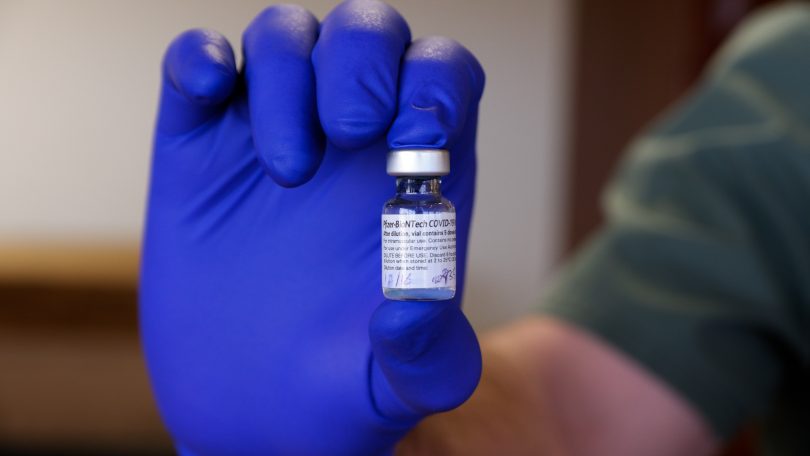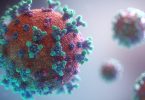By Sydney Wyatt
Boston University News Service
On September 20, Pfizer-BioNTech announced optimistic results from its COVID-19 vaccination clinical trials with children under the age of 12.
In the second phase of clinical trials, with children aged 6 months to 11 years old, the vaccine was shown to be safe and have a strong neutralizing antibody response, which means their bodies are now more equipped to defend cells from pathogens and fight off COVID-19.
On Tuesday this week, Pfizer submitted the results of its clinical trials to the FDA for approval, following which, the Pfizer COVID-19 vaccine could become available for children between the ages of 5 and 11.
Vaccines have been available under emergency use authorization for people 16 and older since December 2020, and authorization was expanded to individuals ages 12 to 15 in May. In August, the Pfizer vaccine received full FDA approval for these groups, yet no vaccines were available for children below 12 until now.
Why has it taken longer to approve a vaccine for children?
At the beginning of the COVID-19 pandemic, severe cases of the virus were mostly seen in adults, especially those over 65 or at high risk. Therefore, the initial focus of vaccine developers was adults. Now, as the delta variant sweeps the nation, the Centers for Disease Control and Prevention found that 99% of all COVID-19 cases tracked constitute the delta variant.
The American Academy of Pediatrics says children account for about 26% of all COVID-19 cases. In previous clinical trials, participants aged 12 and above, were given a vaccine dosage consisting of two doses of 30 micrograms administered 14 days apart.
This allowed for the most efficacious antibody response. In children under 12, Pfizer found that two doses of 10 micrograms administered 21 days apart results in a comparable antibody response.
Vaccine dosage can be trickier with children. Scientists must find a dosage that will produce a similarly effective antibody response that is also safe for the less developed immune systems of children. Because of this, clinical trials for kids have important safety protocols, which can cause them to take longer than those for adults.
Children’s immune systems are a lot different from those of adults. Kids are growing and developing at all different stages, and with this, comes a variety of immune responses and functions.
A 5-month-old child may have a very different immune system than a 5-year-old child. Because there is not a “one size fits all” solution, kids are often split up into different groups based on age and development. These challenges can also contribute to vaccination clinical trials taking a lot longer for children.
Lastly, a large barrier to any clinical trial involving children is having a sufficient sample size. For a child to participate in a clinical trial, two parents or guardians, as well as the child, must give consent. In a 2020 NIH study of 2768 participants, only 18.4% of parents said they would enroll their child in a clinical trial for a COVID-19 vaccine.
According to the same study, mothers were less likely to enroll their child in a clinical trial compared to other guardians.
Now, Pfizer has finally overcome these barriers, and authorization of COVID-19 vaccines for individuals 5 and above is on the horizon. Moderna is also in the process of clinical trials for children ages 6 months to 12 years with its vaccine.






[…] Click here to view original web page at bunewsservice.com […]